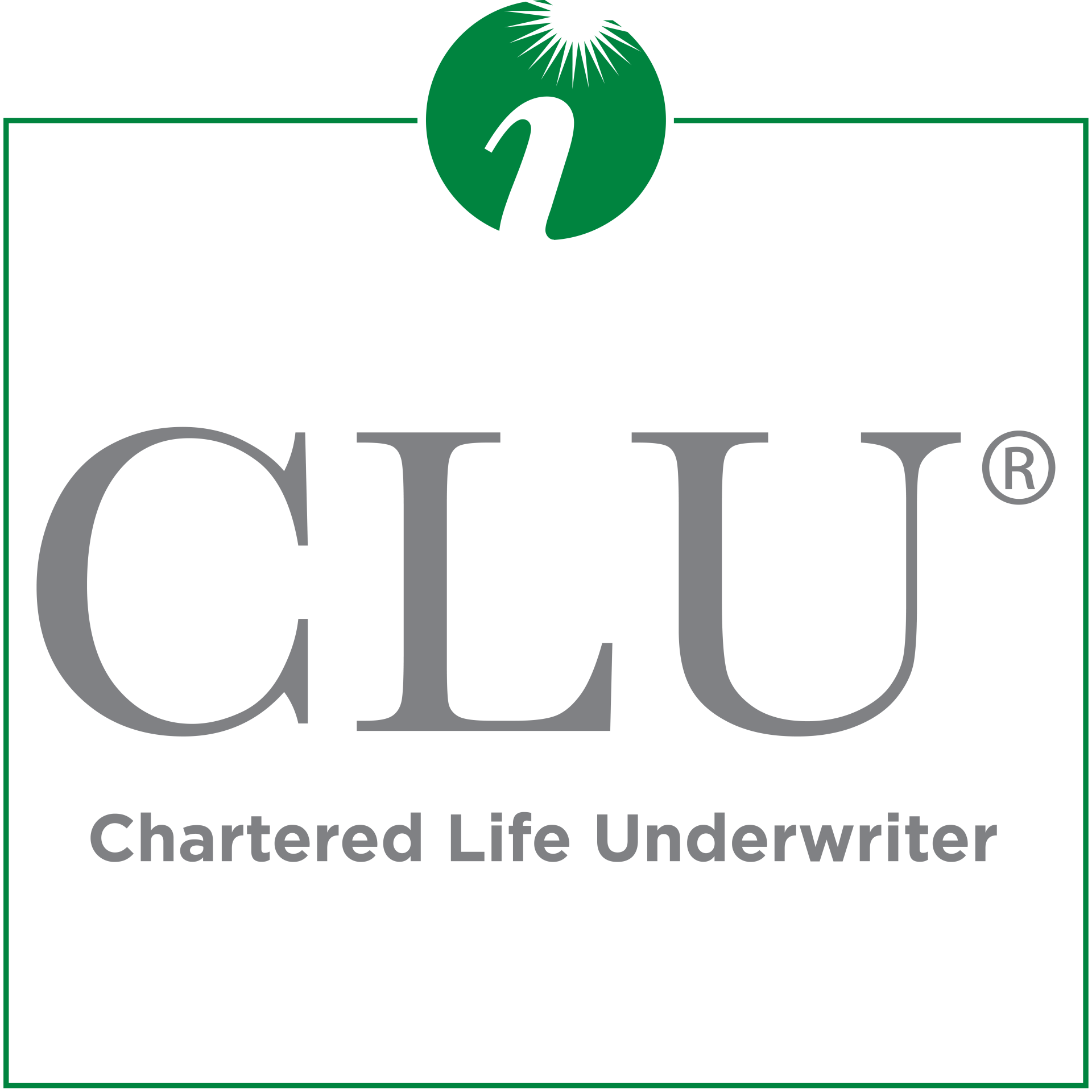Beware the Unfunded Shareholder’s Agreement
When working with business owners with partners, I always ask to read their shareholder’s agreement.
Sometimes, I get the deer in the headlight look from the person across from me. Either they don’t know what that document is, or they do and then I hear:
- We haven’t finished it yet.
- The lawyer is still working on it.
- We haven’t signed it yet.

To understand why a shareholder’s agreement is important, let’s use an example:
Bob and Adam are equal business partners in Springwater Plumbing Inc. The business is very successful. Revenues are north of $ 1 million and growing, they have 3 employees, and the business is just 5 years old. Bob is married to Cathy. I ask Adam, to envision Cathy, a dental hygienist. She doesn’t have any skills in the trades, let alone plumbing, and doesn’t understand how they operate the business.
During my meeting with Bob and Adam, I advise them that Bob has theoretically died. Bob willed all his assets to his wife, Cathy, which included Bob’s 50% ownership of Springwater Plumbing Inc. Adam is now in business bed with Cathy.
A shareholder’s agreement is a legal contract that a lawyer draws up. It will specify how to break up if the business partners are no longer getting along. It will detail what happens if a business partner becomes disabled or dies. Most importantly, it will put a price tag on the value of the shares.
Adam and Bob did sign their agreement which stated that on the death of either partner, the value of the deceased’s share is $500,000. Therefore, on Bob’s death, Cathy is expecting a cheque for $500,000 from Adam for Bob’s shares.
Except, Bob and Adam missed the final step. They didn’t fund the agreement. Adam just bought a new house and doesn’t have the ability to re-mortgage. He could sell some corporate assets, but there isn’t enough to fulfill the obligation, and income taxes will be triggered. Adam is stuck.
The cheapest dollar a business owner will ever spend is on a life insurance strategy to fund a shareholder’s agreement.








